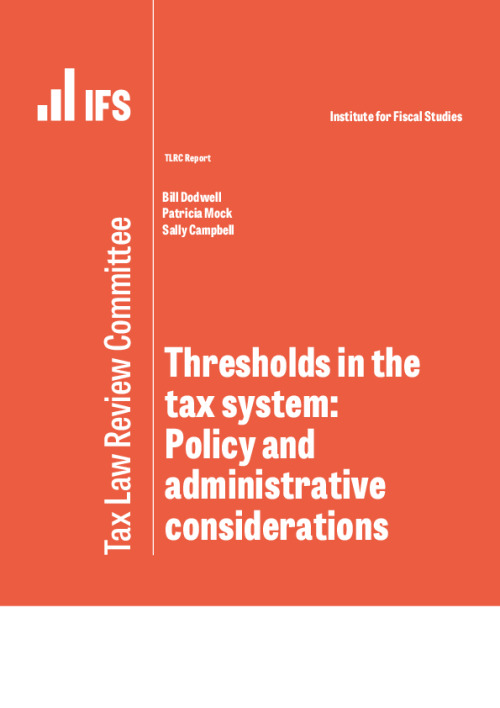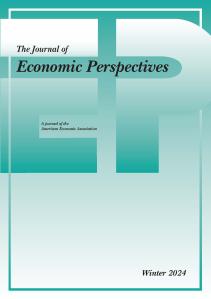Thresholds are an integral part of the tax system. They apply to exempt some taxpayers from a charge; define when tax is levied, or a higher rate applies; or define when an allowance or other benefit is withdrawn. Thresholds can define administrative savings (those with income, gains or sales below a threshold may not need to register and comply with a tax or may be able to file in a simpler way). Yet thresholds also present challenges for taxpayers. Going over a threshold may result in very high tax costs, as well as administrative costs and burdens.
The purpose of this paper is to discuss the difficulties in the main tax threshold rules as they affect individuals and small businesses and to consider a range of principles and tools that would assist in the design of future tax policy.
Chapter 1 gives background to the issues and suggests some general principles which may be helpful, with more specific detail relating to Income Tax, savings, pensions, Corporation Tax, VAT and capital taxes being set out in Chapters 2 - 7 respectively. Chapter 8 considers thresholds relating to tax administration.
Any views expressed in this report are not those of the Institute for Fiscal Studies, which has no corporate views.









